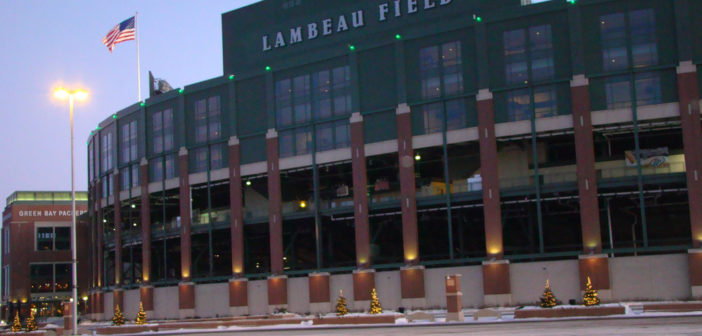Picture a frozen gridiron up in Lambeau on a frigid December night, think Green Bay Packers versus the Chicago Bears.
Picture a late, cool September night at Fenway Park with postseason dreams on the line, think Boston Red Sox versus the New York Yankees.
Picture basketball players like Magic Johnson slipping on knee pads and gearing up for a bruising NBA Finals matchup at the Boston Garden, think Los Angeles Lakers versus the Boston Celtics.
These are the sights of some of the greatest rivalries in sports history; but that’s what they are: history. Once television adapted live sports in the ’50s and ’60s across America, the country became captivated by the passion and competitiveness of professional athletes and their teams.
Once fan bases began learning their favorite players and teams, they soon realized who their enemies were as well. This was the start of rivalries in sports.
The teams were selected by league drafts from colleges and amateur athletes. Once with a team, a player often got a significant raise after their initial contract in order to stay with their current team and corresponding city.
Players became very good friends with their teammates, coaches and organizations. This developed the sense of community that major cities and sports fan bases craved. So now instead of players playing against other players just for money, the battle now included two entire communities squaring off against each other with a whole new fire inside.
In 1976, the MLB began allowing free agents to switch teams after having six years of prior playing experience. Free agency became a hit, and was copied by the NFL, NHL and NBA (1992-1996).
Imagine Walter Payton running the ball for another team or Larry Bird shooting jumpers for another squad, it just doesn’t seem right. Now imagine Shaquille O’Neal switching cities or Randy Moss catching touchdowns for more than one team, and that seems perfectly normal.
In today’s professional athletics, players switch teams for team fit, location and of course the money. Many say that LeBron James can never be greater than Michael Jordan because he “bought” his championships in Miami.
With players leaving teams so frequently, the best rivalries in sports are falling apart. The rivalry is more in the hearts of the fans than the current players. Friends will avoid other friends for weeks over a sports game while the players from opposite teams are hanging out with each other after the game.
Rivalries were once one of the greatest spectacles in sports, but in present day, the glamour of the game has surpassed the competition.

